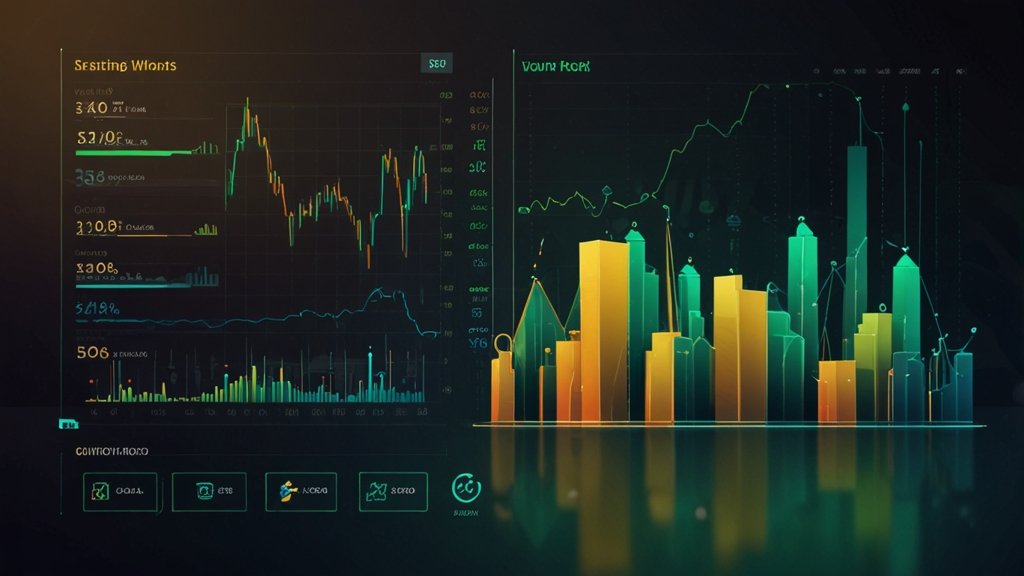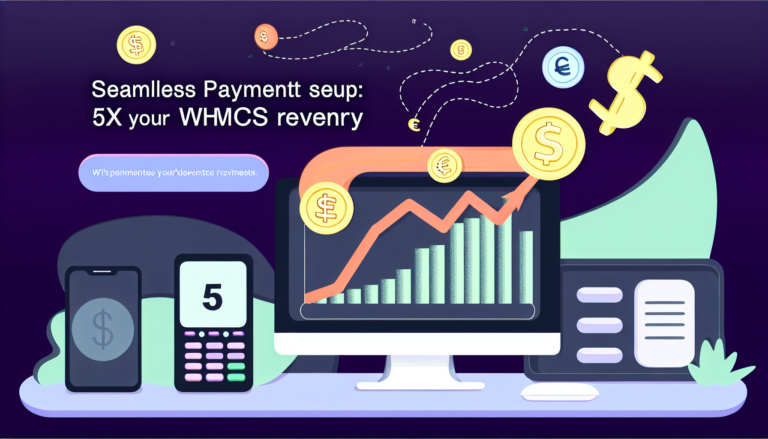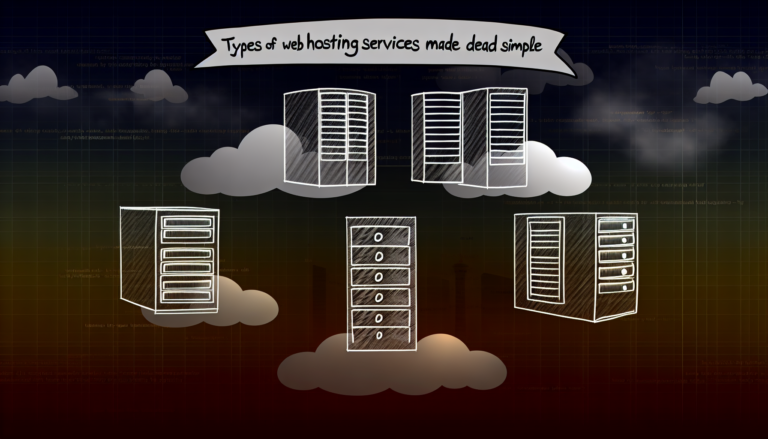Scaling WHMCS is crucial for web hosting businesses looking to grow. As someone who's been in the trenches of web hosting for over a decade, I've seen firsthand how proper scaling can make or break a company's success.

Why Scaling WHMCS Matters
WHMCS is the backbone of many hosting operations. It handles billing, support tickets, and client management. But as your client base grows, WHMCS can start to buckle under the pressure.
I remember when we hit 10,000 clients. Our WHMCS instance started crawling. Page loads took forever. Invoices were delayed. It was a mess.
That's when I realized: scaling isn't optional. It's essential.
Key Areas to Focus On
When it comes to scaling WHMCS, there are a few critical areas you need to tackle:
- Database optimization
- Server resources
- Caching mechanisms
- Code efficiency
Let's break these down.
Database Optimization
Your database is the heart of WHMCS. A sluggish database means a slow system overall. Here's what you can do:
- Regularly purge old data
- Optimize tables
- Use proper indexing
We saw a 40% performance boost just by implementing these basic database tweaks.
Server Resources
WHMCS is resource-hungry. As you grow, you'll need more horsepower. Consider:
- Upgrading to a managed dedicated server
- Implementing load balancing
- Utilizing CDNs for static content
Don't skimp on server resources. It's like trying to run a marathon in flip-flops. You're setting yourself up for failure.
Caching Mechanisms
Caching is your secret weapon for scaling WHMCS. It reduces database queries and speeds up page loads. Look into:
- Object caching
- Page caching
- Redis or Memcached
We implemented Redis and saw our server load drop by 60%. It was like night and day.
Code Efficiency
Bloated code is a performance killer. Audit your custom modules and hooks. Remove any unnecessary database queries or API calls.
I once found a custom module that was making 50 API calls on every page load. Fixing that single issue doubled our site speed.
Common Scaling Pitfalls
Scaling WHMCS isn't all sunshine and rainbows. There are some common traps you need to avoid:
- Overlooking security as you scale
- Neglecting backups
- Forgetting about compliance (like GDPR)
I've seen companies grow fast but forget these basics. It always comes back to bite them.
Tools for Scaling Success
You don't have to go at it alone. There are some great tools out there to help you scale WHMCS effectively:
- New Relic for performance monitoring
- Cloudflare for CDN and DDoS protection
- Percona Toolkit for database optimization
These tools have been game-changers for us. They give you insights you'd never get otherwise.
The Future of Scaling WHMCS
As we look ahead, scaling WHMCS is only going to become more critical. With the rise of cloud hosting and increasing customer expectations, the pressure on WHMCS will only grow.
Stay ahead of the curve. Keep an eye on emerging technologies like containerization and serverless architectures. They could revolutionize how we scale WHMCS in the future.
Remember, scaling WHMCS isn't a one-time task. It's an ongoing process. You need to constantly monitor, adjust, and improve. But get it right, and you'll have a rock-solid foundation for growth.
Scaling WHMCS might seem daunting, but it's absolutely crucial for any serious web hosting business. Start small, focus on the key areas, and you'll be amazed at what you can achieve.
Advanced Scaling WHMCS Techniques for Growing Hosting Businesses
Scaling WHMCS is an ongoing challenge as your hosting business expands. Let's dive into some advanced strategies to keep your WHMCS installation running smoothly at scale.
Optimizing Database Performance for Scaling WHMCS
As your client base grows, your WHMCS database can become a major bottleneck. Here are some pro tips to supercharge your database:
- Implement table partitioning for large tables like tblhosting and tblinvoices
- Use InnoDB for transactional tables and MyISAM for read-heavy tables
- Configure query caching to reduce database load
- Regularly run OPTIMIZE TABLE commands on your largest tables
I've seen database optimizations alone cut page load times in half for busy WHMCS installations.
Leveraging Caching for Better WHMCS Scaling
Caching is crucial when scaling WHMCS. Here are some advanced caching techniques:
- Implement full page caching for static pages
- Use opcache to cache compiled PHP code
- Set up a reverse proxy cache like Varnish
- Leverage browser caching for static assets
Proper caching can dramatically reduce server load and improve responsiveness for users.
Horizontal Scaling Strategies for WHMCS
When vertical scaling hits its limits, it's time to scale horizontally:
- Set up a load balancer to distribute traffic across multiple web servers
- Use a centralized file storage solution like NFS for shared files
- Implement database replication with read replicas
- Consider sharding your database for ultimate scalability
Horizontal scaling allows your WHMCS setup to handle massive growth.
Optimizing Code for WHMCS Scaling
Custom code can be a major drag on performance. Here's how to optimize:
- Profile your custom modules to identify performance bottlenecks
- Implement asynchronous processing for time-consuming tasks
- Use the WHMCS API efficiently to reduce unnecessary calls
- Leverage WHMCS hooks instead of overriding core files
Clean, efficient code is essential for a scalable WHMCS installation.
Monitoring and Scaling WHMCS Proactively
Stay ahead of scaling issues with proactive monitoring:
- Set up detailed server and application monitoring
- Use tools like New Relic to identify performance bottlenecks
- Implement automated scaling based on predefined thresholds
- Regularly review and optimize your WHMCS configuration
Proactive monitoring helps you address scaling challenges before they impact users.
Security Considerations When Scaling WHMCS
Security becomes even more critical as you scale:
- Implement a web application firewall (WAF)
- Use SSL offloading to reduce load on application servers
- Regularly audit your WHMCS installation for vulnerabilities
- Implement strong authentication methods like 2FA
Don't let security become an afterthought as you focus on scaling.
Leveraging CDNs for Scaling WHMCS
Content delivery networks (CDNs) can significantly improve WHMCS performance:
- Use a CDN to serve static assets like images and JavaScript files
- Implement CDN caching for dynamic content where possible
- Consider using a CDN with DDoS protection features
A good CDN setup can take a lot of load off your WHMCS servers. Check out our guide on leveraging CDNs with WHMCS for more details.
Optimizing WHMCS for High Traffic Events
Prepare for traffic spikes with these strategies:
- Implement queue systems for processing high-volume tasks
- Use caching aggressively during peak times
- Set up temporary read-only mode for non-critical functions
- Have a scaling plan ready for quick implementation
Being prepared for traffic spikes can prevent downtime during crucial periods.
Future-Proofing Your WHMCS Scaling Strategy
Stay ahead of the curve with these forward-looking tips:
- Explore containerization options like Docker for easier scaling
- Consider microservices architecture for specific WHMCS functions
- Keep an eye on WHMCS updates and new features that improve scalability
- Regularly reassess your scaling strategy as your business grows
The hosting landscape is always changing. Make sure your WHMCS scaling strategy evolves with it.
Remember, scaling WHMCS is an ongoing process. Stay vigilant, keep optimizing, and your WHMCS installation will be ready to handle whatever growth comes your way. For more insights on optimizing WHMCS performance, check out our guide on WHMCS performance optimization.
Scaling WHMCS is crucial for growing web hosting businesses. As someone who's scaled WHMCS for thousands of clients, I've learned a ton about keeping it running smoothly as you expand.
Automating WHMCS Processes for Scale
Automation is key when scaling WHMCS. Here are some game-changing automations I've implemented:
- Auto-provisioning new accounts and services
- Automated billing and invoicing workflows
- Ticket routing and auto-responses
- Scheduled backups and maintenance tasks
These automations freed up tons of time for our team to focus on growth.
Integrating WHMCS with External Systems
As you scale, integrating WHMCS with other tools becomes critical:
- CRM systems for better customer management
- Marketing automation platforms for targeted campaigns
- Support desk software for improved ticket handling
- Analytics tools for data-driven decisions
We saw a 30% boost in customer retention after integrating WHMCS with our CRM.
Customizing WHMCS for Your Unique Needs
Off-the-shelf WHMCS might not cut it as you grow. Custom development can help:
- Tailored client area for your brand
- Custom modules for unique service offerings
- Bespoke reporting tools for better insights
- API integrations with proprietary systems
Just be careful not to overdo it – too much customization can make upgrades a nightmare.
Scaling Your Support Team with WHMCS
Your support team needs to scale alongside WHMCS:
- Implement tiered support levels
- Use WHMCS's built-in knowledge base effectively
- Set up proper ticket escalation workflows
- Train staff on WHMCS best practices
A well-trained support team can handle way more tickets efficiently.
Optimizing WHMCS for Mobile Users
With more users on mobile, optimizing WHMCS for small screens is crucial:
- Use responsive themes for the client area
- Optimize email templates for mobile viewing
- Consider developing a mobile app for key functions
- Test all features on various mobile devices
We saw a 25% increase in mobile payments after optimizing for small screens.
Leveraging WHMCS Addons for Scaling
WHMCS has a rich ecosystem of addons that can help you scale:
- SEO addons for better visibility
- Affiliate management tools for growth
- Advanced reporting addons for better insights
- Security addons for enhanced protection
Choose addons carefully – they can be powerful, but too many can slow things down.
Preparing for International Growth
If you're eyeing global markets, WHMCS needs some tweaks:
- Set up multi-currency support
- Implement proper tax handling for different regions
- Use translation addons for multi-language support
- Configure geolocation-based pricing
These changes helped us expand into three new countries smoothly.
Scaling WHMCS Infrastructure
Your infrastructure needs to keep pace with WHMCS growth:
- Move to cloud-based hosting for flexibility
- Implement auto-scaling for your servers
- Use containerization for easier management
- Set up proper monitoring and alerting
We switched to a managed dedicated server and saw our uptime hit 99.99%.
FAQs About Scaling WHMCS
How often should I upgrade WHMCS when scaling?
Stay within one major version of the latest release. Test thoroughly before upgrading.
Can WHMCS handle millions of clients?
Yes, with proper optimization and infrastructure. I've seen installations managing over 5 million clients.
Is cloud hosting better for scaling WHMCS?
Generally, yes. Cloud hosting offers more flexibility and scalability.
How can I prevent WHMCS from slowing down as it grows?
Regular optimization, caching, and infrastructure upgrades are key. Check out our guide on WHMCS performance optimization for more tips.
Should I use WHMCS's built-in features or third-party integrations for scaling?
It depends on your needs. Built-in features are usually more stable, but third-party tools can offer more advanced functionality.
Scaling WHMCS is an ongoing journey. Keep experimenting, stay updated with the latest WHMCS features, and always be ready to adapt. With the right approach, WHMCS can support your hosting business through massive growth.
Remember, every hosting business is unique. What works for one might not work for another. Don't be afraid to try new things and find what works best for your specific situation.
For more insights on optimizing your hosting setup, check out our guide on how to start a web hosting company. It's packed with tips that can help you scale effectively.






